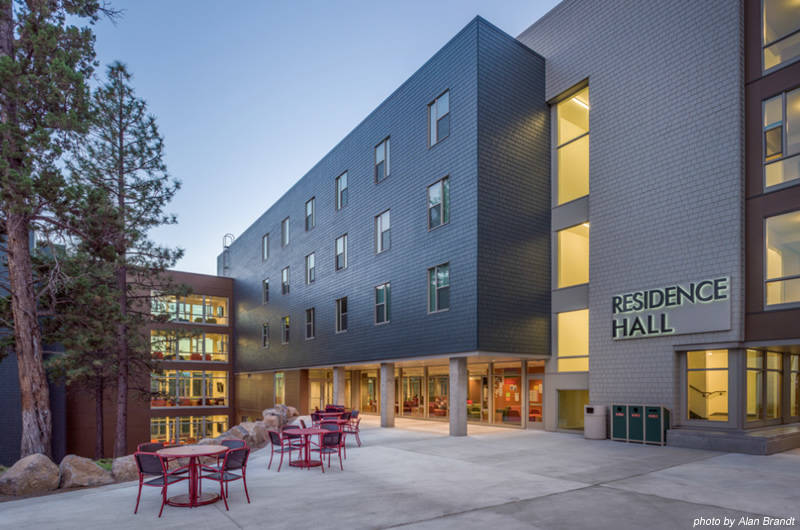With private and even public college tuition rising to above $60,000 a year, some area high school students have begun considering a low-cost alternative: residential community colleges. At one-third the price, these colleges often have smaller campuses and student bodies, a lower student-teacher ratio and all the amenities of a modern university, including dorms and cafeterias.
“I’m hoping people understand what an excellent deal this is,” said Homer High School guidance counselor Lin Hampson.
Next week on April 5, Lindsay Buccafurni, an admissions counselor from Central Oregon Community College, Bend, Ore., visits Homer High to meet with students and parents to discuss opportunities at COCC. Parents can call Hampson at 235-4621 to set up a time.
Hampson first noticed the trend in Homer students going to Lower 48 community colleges when student athletes began getting scholarships. Most use it as a chance to build sports careers and get the notice they might not get at a bigger, more competitive school. That gives them a chance to finish a two-year associate of arts degree and make the jump to an upper division program.
If a residential community college could work for an athlete, why not for other students? Homer students have now gone to Southwestern Community College in Coos Bay, Ore., Lane County Community College in Eugene and Whatcom Community College in Bellingham, Wash.
“These schools — not only is it cheaper, but they would be looking at grants and scholarships for students,” Hampson said. “And they have dorms.”
COCC is a good example of a residential community college. Hampson said the dorms and other buildings are new. It has about 7,200 students with a student-teacher ratio of 19/1. Programs offered range from the liberal arts to trade programs like computer aided drafting, dental assisting, emergency medical services and automotive technology.
With a smaller campus, small-town students might find some place like COCC more comfortable. Hampson noted how Homer students are used to people looking out for them. Community colleges offer that kind of care.
“They’re helping them financially and keeping an eye out for them,” she said. “It seems ideal — and they’re preparing them for the next step.”
That can mean continuing on to a bachelor’s program at a four-year college or university. In the Oregon universities, that can mean a smooth transition from community college.
“If they want to go on, they have an in into the Oregon system,” Hampson said. “I just think there are so many opportunities out of state for kids to do this and not pay so much money.”


